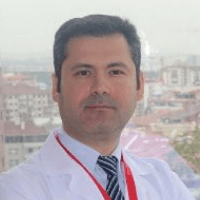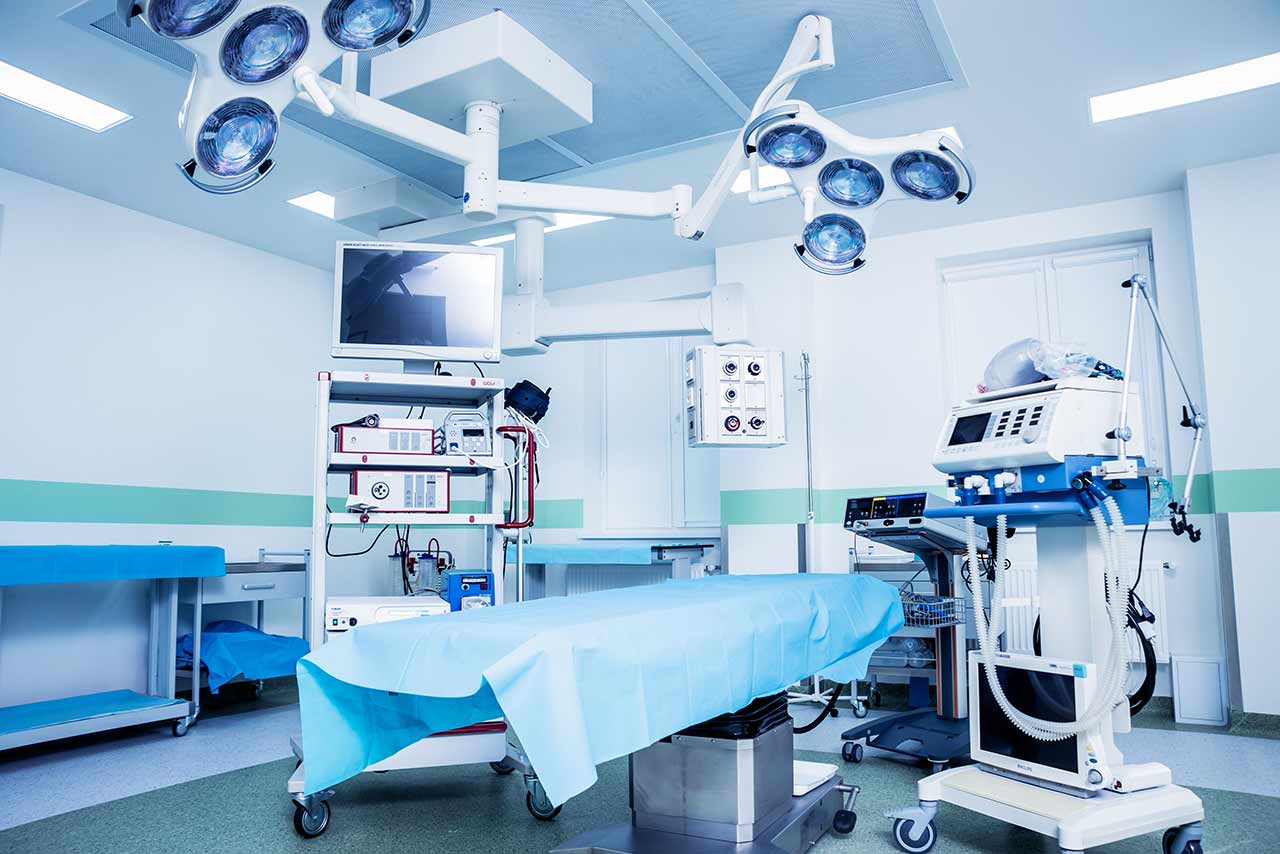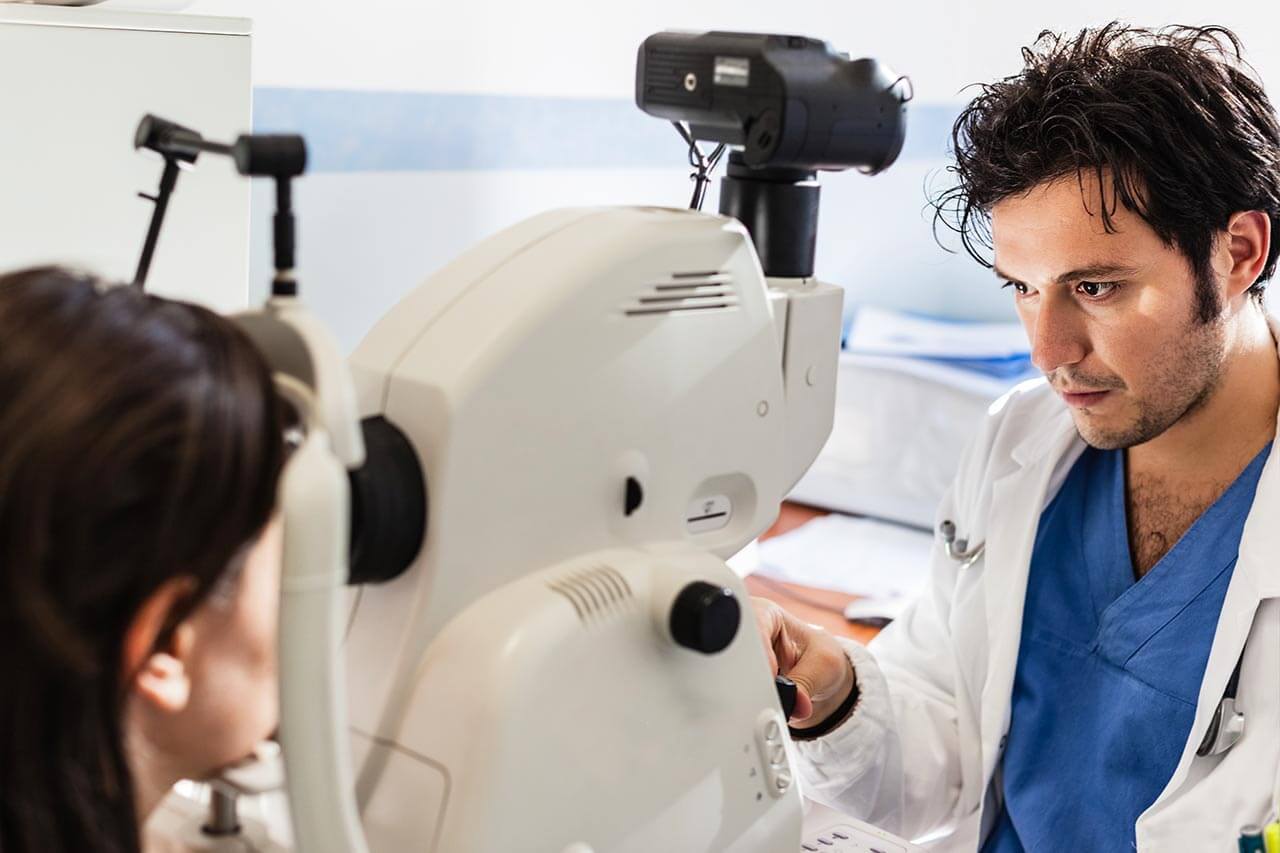
About the Department of Endocrinology, Diabetology and Metabolic Disorders at Memorial Ankara Hospital
The Department of Endocrinology, Diabetology and Metabolic Disorders at the Memorial Ankara Hospital provides the highly accurate diagnostics and effective treatment of disorders of the endocrine organs, including the thyroid gland, parathyroid glands, adrenal glands, pituitary gland, sex glands in men and women (testes and ovaries). The department's specialists also admit patients with type 1 and 2 diabetes mellitus, as well as gestational diabetes mellitus. The department also provides medical care to the patients with metabolic disorders, such as protein, carbohydrate, lipid, mineral metabolism disorders, etc. An important field of the department's clinical practice is the treatment of obese patients. The doctors elaborate for them unique treatment programs, which include diet therapy, an individually selected complex of physical exercises and work with psychologists. The doctors perform all kinds of laboratory tests to detect endocrine disorders within the in-house laboratories. The medical facility has diagnostic rooms with advanced devices for ultrasound scanning, ultrasound-guided biopsy, etc. The treatment involves the use of highly effective drugs of the latest generation. The department is headed by Assoc. Prof. Dr. med. Ethem Turgay Cerit.
Of particular interest to the department's endocrinologists is the treatment of thyroid diseases. The most common pathologies in this field include nodular and diffuse toxic goiter, thyrotoxicosis, hypothyroidism, thyroiditis, thyroid cysts, benign and malignant thyroid neoplasms. During the diagnostics, it is important for the department's specialists to accurately determine the type of the disease and detect the cause of its development. For this purpose, they use various laboratory tests, ultrasound scanning, thyroid scintigraphy using radioactive iodine, as well as biopsy with further histological analysis for differential diagnostics of benign and malignant tumors. Based on the diagnostic results obtained, the patient is provided with an individual treatment regimen. The first line treatment is the in-take of hormone drugs in order to normalize the production of thyroid hormones. One of the innovative treatment methods offered in the department is radioiodine therapy. This type of treatment is effective both for the treatment of benign diseases (for example, thyrotoxicosis, some types of thyroid adenoma) and for the treatment of thyroid cancer. The patients with thyroid cancer also receive chemotherapy and/or radiation therapy. In addition, in the case of oncology, a thyroidectomy (a surgical procedure to remove thyroid gland) is often required, which is performed in collaboration with the specialists in general surgery.
In the field of metabolic disorders, the key focus is on the treatment of osteoporosis. Osteoporosis is manifested by a sharp decrease in the calcium content in bone tissue and frequent bone fractures. The department's specialists provide high-quality drug and hormonal therapy for this disease. The purpose of drug therapy is to relieve pain. In the course of the therapy both pills and injections can be used. The essence of hormone therapy for osteoporosis is in taking a certain set of drugs in order to compensate for the insufficient production of thyroid hormones that help to strengthen bone tissue, which prevents fractures. In the case of severe spinal osteoporosis, the doctors resort to vertebroplasty, while severe osteoporotic hip lesions require hip joint replacement surgery. The highly qualified specialists are involved for these surgical procedures.
An equally important field of the department's clinical activities is comprehensive counseling, diagnostics and treatment of patients suffering from diabetes mellitus. The endocrinologists of the medical facility specialize in the treatment of type 1 and 2 diabetes mellitus, as well as gestational diabetes mellitus in pregnant women. Since diabetes mellitus is still an incurable disease, the only and the most effective method of its control involves insulin injections. The department's patients with diabetes mellitus are also offered the use of a modern insulin pump instead of classic injections. An insulin pump is a special computerized device, which reproduces the function of the human pancreas, continuously supplies the body with the necessary portions of insulin. Diet therapy is an integral part of diabetes control as well. The patient must strictly keep a special diet, which is recommended by the attending physician, as well as quit alcohol and tobacco. Following a diet and giving up bad habits allows the patient to maintain the satisfactory blood sugar levels, which in turn prevents the progression of pathology. In addition, the patient is appointed daily physical activities.
The department's range of medical services includes:
- Diagnostics and treatment of thyroid diseases
- Nodular and diffuse toxic goiter
- Thyrotoxicosis
- Hyperthyroidism
- Hypothyroidism
- Thyroiditis
- Thyroid cysts
- Benign and malignant thyroid neoplasms
- Hashimoto's thyroiditis
- Diagnostics and treatment of parathyroid diseases
- Hyperparathyroidism
- Hypoparathyroidism
- Diagnostics and treatment of adrenal diseases
- Cushing's syndrome
- Addison's disease
- Hyperaldosteronism
- Pheochromocytoma
- Diagnostics and treatment of pituitary diseases
- Hypopituitarism
- Prolactinoma
- Diabetes insipidus
- Diagnostics and treatment of disorders of the sex glands (ovaries) in women
- Hypogonadism
- Hirsutism
- Polycystic ovary syndrome
- Diagnostics and treatment of disorders of the sex glands (testicles) in men
- Hypogonadism
- Gynecomastia
- Erection problems and impotence caused by testosterone deficiency
- Diagnostics and treatment of diabetes mellitus, its complications and other metabolic disorders
- Type 1 diabetes mellitus
- Type 2 diabetes mellitus
- Gestational diabetes mellitus
- Hypoglycemia of unknown etiology
- Insulin resistance syndrome
- Weight problems caused by hormonal disorders
- Osteoporosis
- Vitamin and mineral metabolism disorders
- High blood triglyceride levels
- Neuroendocrine tumors
- Other medical services
Curriculum vitae
Professional Career
- Since 2019 Head of the Department of Endocrinology, Diabetology and Metabolic Disorders at the Memorial Ankara Hospital, Ankara, Turkey.
- 2018 - 2019 Physician in the Department of Endocrinology and Metabolic Disorders, Medical Park Hospital Ankara, Ankara, Turkey.
- 2014 - 2018 Physician in the Department of Endocrinology and Metabolic Disorders, Ersin Arslan Training and Research Hospital, Istanbul, Turkey.
- 2014 Physician in the Department of Endocrinology and Metabolic Disorders, Mehmet Akif Inan Research and Training Hospital, Istanbul, Turkey.
- 2010 General Practitioner, Etlik Training and Research Hospital, Ankara, Turkey.
Higher Education and Postgraduate Training
- 2013 Specialized Training in Endocrinology and Metabolic Disorders, Faculty of Medicine, Gazi University, Ankara, Turkey.
- 2009 Residency in Internal Medicine, Faculty of Medicine, Ankara University, Ankara, Turkey.
- 2004 Doctoral Degree in Medicine, Faculty of Medicine, Hacettepe University, Ankara, Turkey.
Awards and Honors
- Best Poster Award, 50th National Turkish Diabetes Congress.
- Best Presentation Award, 6th Turkish Thyroid Congress.
Memberships in Professional Societies
- Society of Endocrinology and Metabolism of Turkey.
- Turkish Medical Association.
Photo of the doctor: (c) Memorial Ankara Hospital




